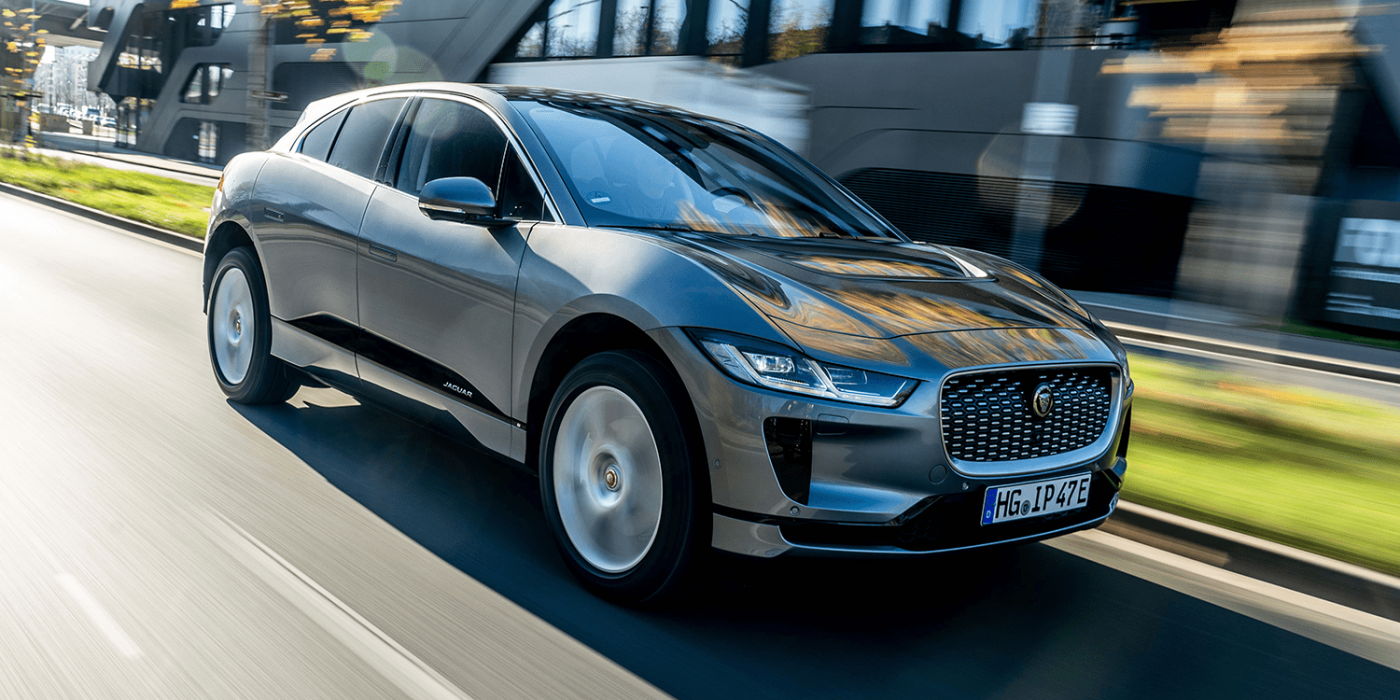UK further cuts down Plug-in Car Grant (PiCG)
The British government has cut its subsidies to purchase electric cars by 500 pounds per vehicle with immediate effect. It also lowered the price cap for eligible electric cars from £50,000 by £15,000 to now £35,000.
++ This article has been updated. Kindly continue reading below. ++
Following the subsidy adjustment, the UK government will now subside pure electric cars with £2,500 instead of £3,000 (2,920 euros instead of 3,505 euros) employing the Plug-in Car Grants (PiCG). As justification, the British government says that the number of available electric car models with a price below 35,000 pounds has increased by almost 50 per cent since 2019. More than half of the models currently on the market still qualify for the grant. Until now, the price cap was £50,000 (just under 58,500 euros). The government also wants to stretch the funding to “help more people make the switch to an electric vehicle”.
Last year, the British government extended its subsidies for electric cars until 2023 but had already reduced the subsidy rates from 3,500 to 3,000 per electric car. For other electric vehicles, such as vans, trucks, taxis or motorbikes, the subsidies remained the same: 8,000 pounds for electric vans, £20,000 for large vans and trucks, £7,500 for taxis and £1,500 for electric motorcycles. It is not clear from the official announcement how the government will proceed in these segments. The budget for 2023 is estimated at £582 million (about 680 million euros).
Tesla is one of the companies that will suffer from the lowering of the price ceiling for eligible electric cars to 35,000 pounds, as the Model 3 will no longer be subsidised. According to a report in the Guardian, Elon Musk has lobbied the British government to increase taxes on petrol and diesel cars during finance subsidies and tax breaks such as a VAT exemption for electric cars.
The lobby group of the British car industry, the Society of Motor Manufacturers and Traders (SMMT), is naturally critical of the further reduction in subsidies. It is “a wrong measure at the wrong time”. Cutting the subsidy and restricting eligibility puts the UK even further behind other markets.
Meanwhile, the government is registering successes from its subsidy policy. Almost 11 per cent of new cars registered in 2020 had a plug (up from 3 per cent in 2019), and sales of battery-electric cars almost tripled in the same period, the statement said. Subsidies for electric cars and plug-in hybrids have been available in the UK for ten years. Since 2018, it has been made clear to reduce the subsidy for plug-in vehicles step by step, the government says. Meanwhile, tax incentives, including favourable company car tax rates that can save drivers over £2,000 a year, remain in place.
The government also plans to put more than £15 billion into outright alternatives to the car. This includes three billion pounds in restructuring the bus route system, including the intended purchase of 4,000 domestically manufactured electric buses.
Update 22 March 2021: MG Motor UK and Citroën UK have reacted to the subsidy cut. For MG Motor UK, both the MG ZS Electric and the new MG5 EV will continue to be covered by the PICG despite the government cutting the price cap for grant-funded support from £50,000 to £35,000. Simultaneously, the £3,000 grant towards a new EV has been cut to £2,500, but MG has committed to topping up the support level to its previous level for all customers who order a new MG EV during March 2021.
For its part, Citroën UK has announced the all-new ë-C4 models in the UK will continue to attract the Government’s Plug-In Car Grant of £2,500. Citroën UK has also announced a £550 pricing reduction on the ‘Shine Plus’ specification.
Update 24 March 2021: Vauxhall has updated pricing for the Mokka-e and Vivaro-e Life to ensure customers can still access the revised UK Plug-in Car Grant. The Mokka-e’s prices were revised across the entire trim range: Prices for the Mokka-e SE Premium now start at £33,040, while the range-topping Mokka-e Launch Edition starts from £34,995.
The Vivaro-e Life Edition models’ prices were lowered by more than £2,000, with prices starting from £34,995. The Vivaro-e Life Combi will be the same specification level as the Edition model and will also start from £34,995. All examples of the Corsa-e qualify for the new PiCG criteria, so it is not subject to any price changes.
Update 07 April 2021: Nissan joins the club of carmakers adjusting their UK pricing of electric cars to stay within the funding cap. Both the 40kWh and 62kWh versions of the Nissan Leaf now stay below £35,000 RRP (about €40,700) and therefore eligible for the revised Plug-In Car Grant of £2,500.
For longer-range versions, Nissan cut as much as £2,765 off the price for a total reduction of
£5,265 including the PiCG. The basic trim now starts from £25,995 after subsidies with the highest trim coming in at £32,445.
motoringresearch.com, cardealermagazine.co.uk, gov.uk, theguardian.com (Musk), smmt.co.uk, Update 22 March: mg.co.uk, citroen.com (both updates 22 March), vauxhall.co.uk (update 24 March), nissannews.com (update 7 April)





2 Comments